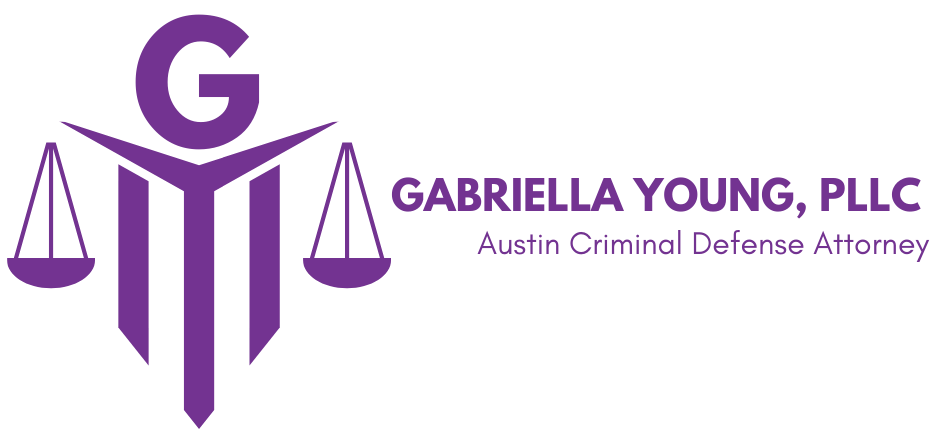Driving in the state of Texas is regarded as a privilege, not a right. This means that the privilege of driving may be taken away under circumstances, leading to a suspended license in Texas. These include committing specific offenses or being found incapable of driving due to one or more medical reasons. In these situations, the Texas Department of Public Safety reserves the right to revoke or suspend your driver’s license.
In Texas, a driver’s license can be suspended for the following reasons:
- Various types of traffic violations
- Speeding
- Driving intoxicated
- Refusing to take a breathalyzer test
- Causing an accident
- Not having valid car insurance
- Not paying child support
Driving with a suspended license in Texas is a committing a Class C misdemeanor. In Texas, a Class C misdemeanor can result in a fine of up to $500. A Class B misdemeanor carries a potential heavier fine of up to $2,000 and a jail sentence of up to 180 days.
Driving with a suspended license can be upgraded to a Class B misdemeanor if combined with one of the following offenses:
- Driving without a valid license
- DWI
The following offenses all carry additional consequences when done with a suspended license:
- Speeding
- Driving recklessly
- Driving drunk
- Racing on the highway
- Causing an accident or an injury
If an individual operates a motor vehicle with a license that is already suspended, they run the risk of increasing the duration of suspension. More specifically, the individual’s license may be suspended for an additional time that equals the same duration that it was already suspended for. If the license suspension was already for a year and the individual is caught driving with their suspended license, it can be suspended for an additional year.
If caught driving with a suspended license, the police will also impound your vehicle. The individual will also be required to pay daily storage fees until all owed towing fees are paid, which can result in hundreds of dollars in total. This doesn’t include the possibility of several hundreds of dollars in criminal fines, a license reinstatement fee of $100 to $125, and additional surcharges of $250 every year for three years. The individual must also submit a SR-22 document to DPS from their insurance company, which is a liability document for high-risk drivers.
Prior to reinstating a driver’s license in Texas, the full suspension period must pass and all court-mandated requirements must be completed. Once this has been done, the individual will then need to pay any required fees to DPS before obtaining their reinstated license. It’s important to note that all requirements and fees involved with license reinstatement vary depending on the specific circumstances and any charges involved with the case. During the suspension, it may be possible to submit a request to obtain a restricted or occupational license. This license allows someone with a suspended license to make exceptions to go to places like work and medical appointments.
Thank you for reading the legal news blog of The Law Office of Gabriella Young. Contacting an experienced attorney right when you are charged is incredibly important for the wellbeing of your case. We are an Austin, Travis County, and Williamson County criminal defense firm experienced in DWI and DUI cases, and our jail release assistance is available 24/7. We are dedicated to our clients and their futures, and will handle your case with compassion and dedication!

